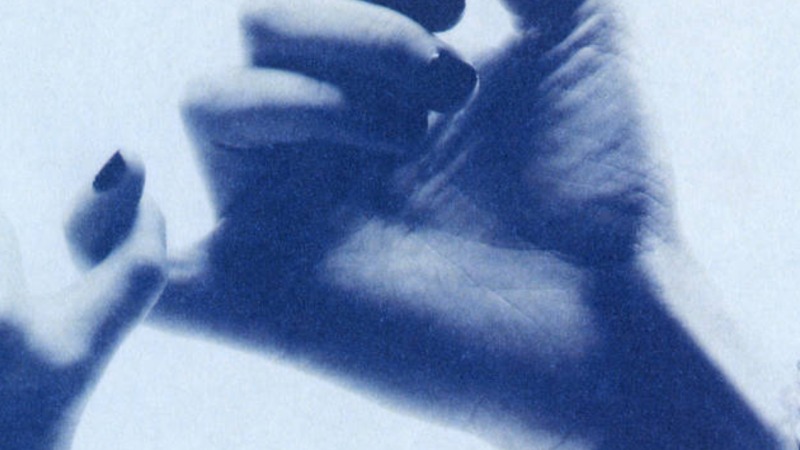Momma Look For Profundity in Every Cliché on Welcome to My Blue Sky
The Brooklyn band’s third album isn’t doing anything innovative, but these “road songs” hit hard enough that originality becomes irrelevant.

There’s a TikTok video in which writer, podcaster, and fashion designer Madeline Pendleton answers the question: “What’s the best show you’ve ever been to?” They preface their answer by rattling off the names of some all-time greats that they’ve had the privilege of seeing live: the B-52s, the Cure, the Violent Femmes, Patti Smith, Stone Temple Pilots, and Deftones, to name a few. But none of these live acts compared to their number-one-with-a-bullet: the best live show they’ve ever seen was a Cranberries cover band called Ocean Spray.
The LA-to-New York rock outfit Momma are kind of like a really great cover band. Not literally—the songs they perform are originals—but I’m far from the first person to point out that Momma are a bit derivative, including the band members themselves. Their breakthrough 2022 record Household Name used a ’90s alt-rock sound as a vehicle for self-aware pastiche. Opener “Rip-Off” leaned into its self-deprecating title with slacker nonchalance, while other tracks dropped cheeky lyrical references to the Smashing Pumpkins, Pavement, and Liz Phair. Even the record’s title seemed to be a comment on Momma’s phantom nostalgia for the indie-rock feeding frenzy of the ’90, asking what happens when the kind of rock star you’re trying to be doesn’t really exist anymore.
During the album cycle for Household Name’s follow-up, Welcome to My Blue Sky, Momma have claimed that they don’t want to be written off as just another ’90s nostalgia act. The way they incorporate their ’90s influences isn’t nearly as innovative or experimental as say, Wednesday or feeble little horse—bands pulling from similar strains of sound to create something new and genre-agnostic—but Momma’s songs are catchier and more clever than those of their similarly-leaning contemporaries. As far as ’90s nostalgia acts go, Momma are one of the best around. And who among us can’t resist a well-made knockoff?
“Can I wish it away? / I never thought that before.”
-

-

-

-

-

-

-

-

-

-

-

-

-

-

-

-

-

-

-

-

-

-

-

-

-

-

-

-

-

-

-

-

-

-

-

-

-

-

-

-








































